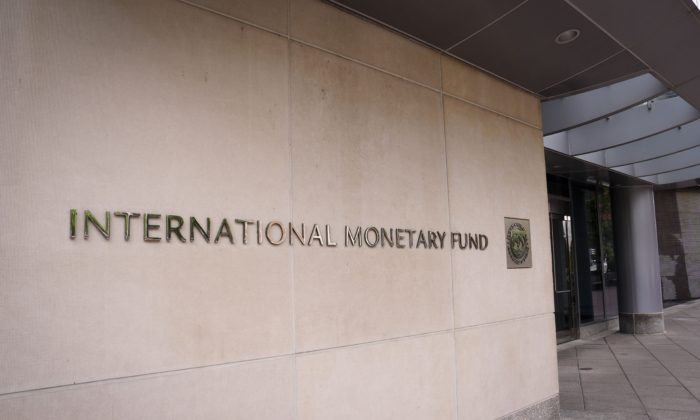IMF Grants Pakistan $7 Billion Loan to Support Struggling Economy
The International Monetary Fund praised Pakistan’s economic progress, acknowledging that vulnerabilities and structural challenges still persist.
The executive board of the International Monetary Fund (IMF) has granted Pakistan a new $7 billion loan, as announced on Sept. 25, following the agreement reached more than two months ago.
The loan aims to strengthen fiscal and monetary policies, reform and broaden the tax base, and enhance Pakistan’s economy.
Pakistan has been diligently implementing conditions to secure the 37-month loan program agreed upon in July, which Prime Minister Shehbaz Sharif previously described as stringent.
The IMF commended Pakistan for its efforts in restoring economic stability, highlighting the country’s growing economy, decreasing inflation, and stable exchange market contributing to the restoration of reserve cash buffers.
Kristalina Georgieva, the managing director of the International Monetary Fund, stated in an interview on Sept. 26 that the loan review had been completed, and the reforms by the Pakistan government were showing promising results.
Georgieva further praised the Pakistani government and people for their commitment to self-defined and locally owned reforms, noting the positive outcomes with increased growth, decreased inflation, and a stable economy.
The funds will contribute to improving the management of State Owned Enterprises (SOEs), enhancing competition, creating fair investment conditions, developing human capital, and expanding social protection through broader coverage and increased generosity in the Benazir Income Support Program (BISP), as outlined by the IMF.
Georgieva mentioned that the Pakistani government is focused on taxing the wealthy and strengthening the Benazir social program to aid the underprivileged.
The 37-month Extended Fund Facility Arrangement (EFF) will total approximately US$7 billion, as stated in a July announcement on the agreement, with an immediate transfer of $1 billion to Pakistan.
The IMF cautioned that Pakistan’s vulnerabilities and structural challenges persist, highlighting a challenging business environment, weak governance, and a limited tax base as key areas of concern.
“Insufficient spending on health and education to combat ongoing poverty, coupled with inadequate infrastructure investment constraining economic potential and increasing vulnerability to climate change,” the IMF stated.
The IMF emphasized the importance of “sound policies and reforms” with continued robust financial support from Pakistan’s development partners and bilateral relationships in the new program.
Sharif expressed gratitude for the agreement, acknowledging Georgieva, the IMF, and other countries for their role in facilitating the loan.
The Associated Press and Reuters contributed to this report.





